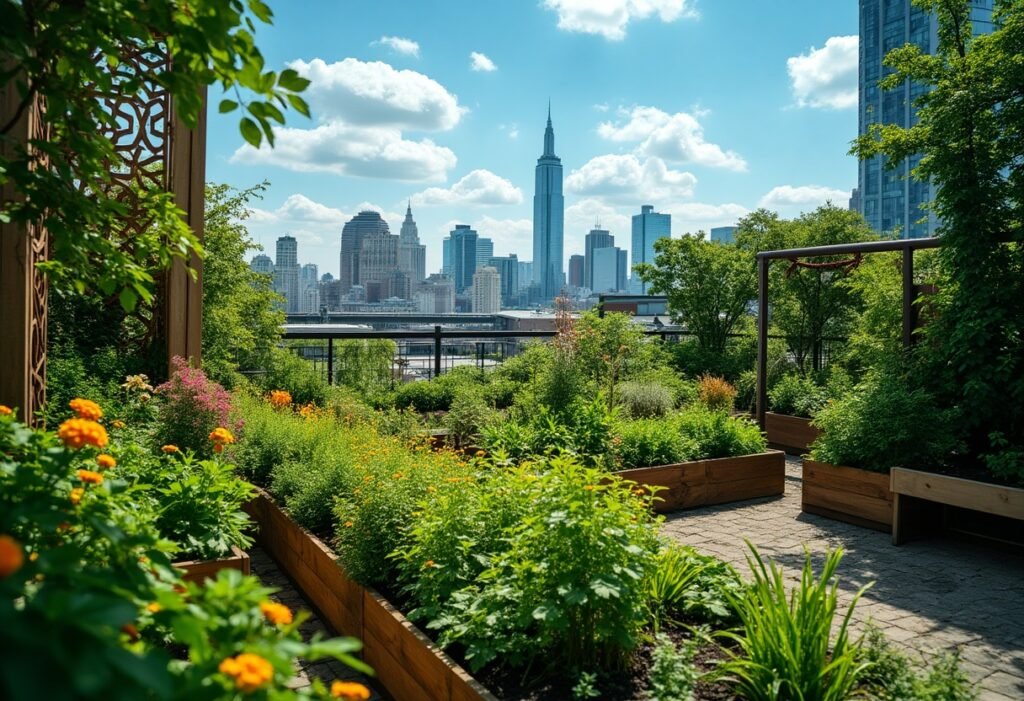Introduction to Urban Gardening Benefits
Urban gardening has become increasingly popular in recent years due to its numerous benefits. This practice involves growing plants in urban areas, such as cities and towns, and can be done in a variety of ways, including in backyards, on rooftops, and in community gardens. Urban gardening offers a range of benefits, from environmental advantages to social and economic benefits.
Environmental Benefits of Urban Gardening
One of the primary benefits of urban gardening is its positive impact on the environment. Urban gardens help to reduce air pollution by absorbing carbon dioxide and releasing oxygen. They also help to reduce the urban heat island effect, which occurs when built-up areas become hotter than surrounding rural areas due to the presence of pavement, buildings, and other infrastructure.
Improving Air Quality and Mitigating the Urban Heat Island Effect
Urban gardens can help to improve air quality by removing pollutants and particulate matter from the air. This is especially important in urban areas, where air pollution can be a significant problem. Additionally, urban gardens can help to mitigate the urban heat island effect by providing shade and cooling the air through evapotranspiration.
Social Benefits of Urban Gardening
Urban gardening also has a range of social benefits. Community gardens, in particular, can help to bring people together and foster a sense of community. They provide a space for people to meet, socialize, and work together on a common goal. Urban gardens can also help to improve mental health and well-being by providing a peaceful and calming environment.
Economic Benefits of Urban Gardening
In addition to environmental and social benefits, urban gardening can also have economic benefits. Urban gardens can provide a source of fresh produce, which can help to improve food security and reduce reliance on industrial agriculture. They can also help to support local economies by providing a market for locally grown produce.
Getting Started with Urban Gardening
For those interested in getting started with urban gardening, there are a range of resources available. Many cities have community gardens and urban gardening programs that provide training, support, and access to resources such as seeds, tools, and expertise. Additionally, there are many online resources and guides available that can provide tips and advice on how to get started with urban gardening.
Challenges and Limitations of Urban Gardening
While urban gardening has many benefits, there are also challenges and limitations to consider. One of the primary challenges is access to space, as many urban areas have limited space available for gardening. Additionally, urban gardens may face challenges such as pollution, poor soil quality, and limited access to water.
Conclusion
In conclusion, urban gardening offers a range of benefits, from environmental advantages to social and economic benefits. While there are challenges and limitations to consider, the benefits of urban gardening make it a worthwhile pursuit for those interested in improving their community and the environment. By providing a peaceful and calming environment, improving air quality, and supporting local economies, urban gardening can have a positive impact on both individuals and communities.



